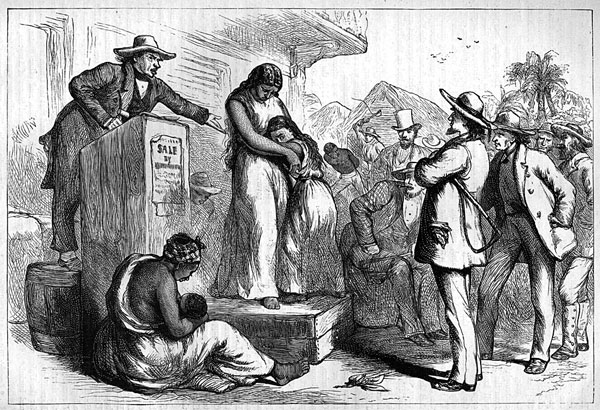In his new book, The Half Has Never Been Told: Slavery and the Making of American Capitalism, Edward E. Baptist “offers a radical new interpretation of American history,” through which slavery laid the foundation for and “drove the evolution and modernization of the United States.”
In a review of the book for the Wall Street Journal, Fergus M. Bordewich concurs with this central point, noting that “Mississippi…does not have to look like Manchester, England, or Lowell, Mass., to make it an engine of capitalism.”
Responding to Bordewich in a letter to the Journal, John Addison Teevan, author of the newly released Integrated Justice and Equality and past Acton University lecturer, offers some compelling counterpoint, asking, “Was Roman slavery capitalist as well?”
If the slave trade were capitalist then, for example, the slave abductors of Africa were capitalist entrepreneurs. Nonsense. At best the slave-cotton-shipping triangle was the addition of agrarian commerce to a colonial mercantilist trade led by the British shippers who had as strong a role in Parliament as the slave owners had in the governments of the southern states.
Plantation slavery was the essence of a government-sanctioned aristocratic-agrarian economy that was nearly the opposite of market capitalism. Great accumulation of wealth, contrary to the thinking of Mr. Baptist and others, doesn’t make an economy capitalist. Rome wasn’t capitalist, neither was medieval feudalism.
Karl Marx missed the fact that his wage slaves refused to revolt, preferring to become consumers especially in the West where we realized that along with production there must be consumption. As with Marx long ago, Mr. Baptist doesn’t seem able to envision a capitalism that actually prefers a society of free consumers to a society of minimally productive slaves.
For more of Teevan’s views on the intersection of economics and justice, see his book, Integrated Justice and Equality: Biblical Wisdom for Those Who Do Good Works, which is now available from Christian’s Library Press, an imprint of the Acton Institute.
The above letter was also re-printed in extended form in Teevan’s monthly email, “Economic Prospect,” which you can subscribe to by sending him a request.

